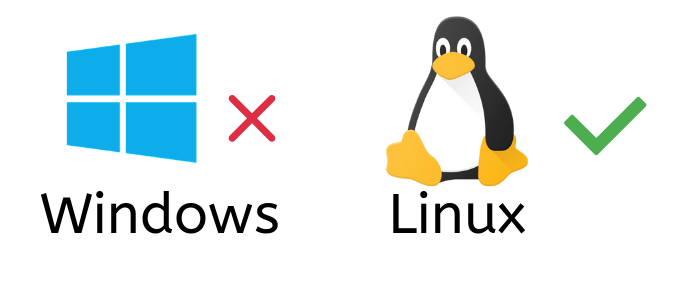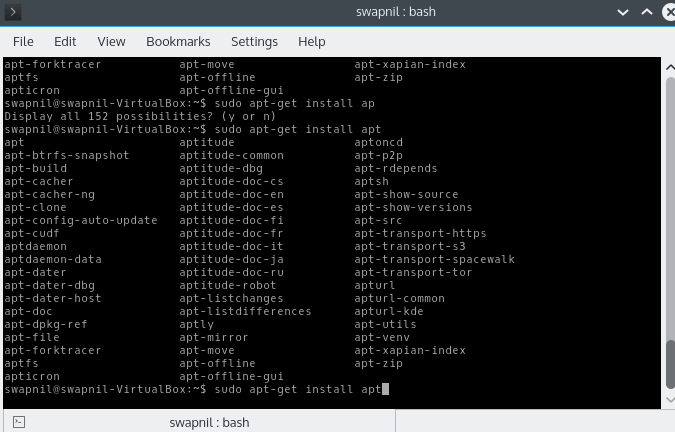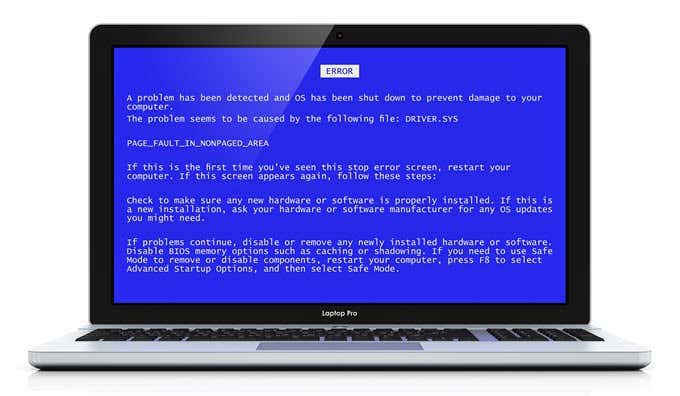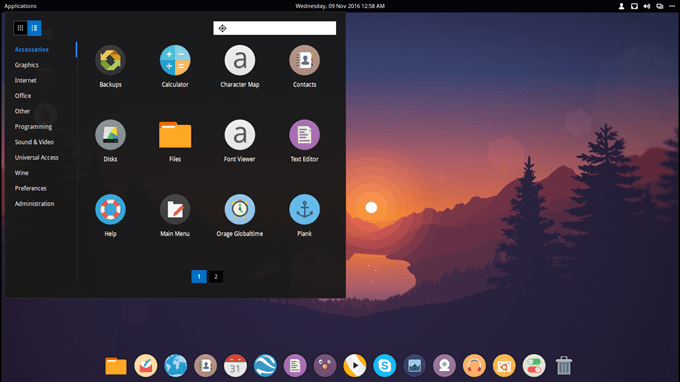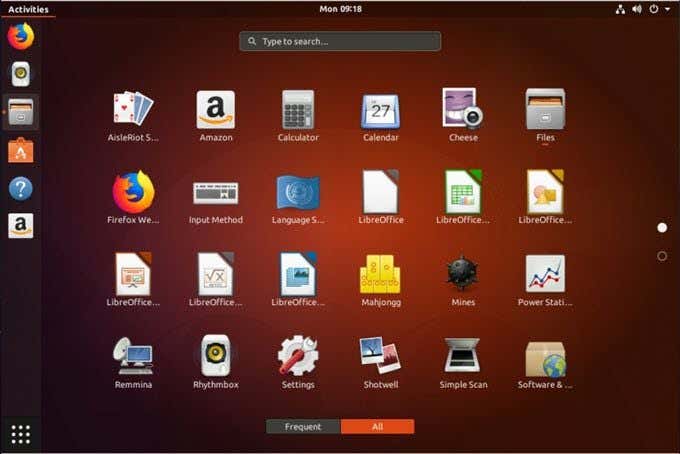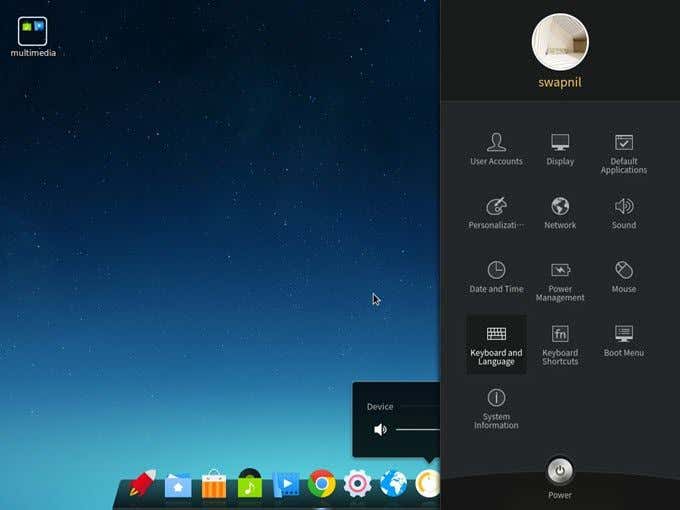Linux and Windows are considered to be the world’s best-operating systems. When deciding whether to choose a Windows or Linux operating system, most people look at features such as cost, support, security, functionality, hardware compatibility, and reliability. Before deciding to leave Windows for Linux, look at some of the advantages of Linux as well as things Linux can do that Windows cannot.
Open Source
One of the best advantages Linux offers is that it is an open-source operating system (OS). This means that its source code is available for anyone who needs or wants to see, edit, or modify it. This feature is especially useful to coders and developers who have the ability and need to modify or enhance the code. Open source is also more secure because everyone is looking at and checking others’ work. It is a world-wide project that anyone can access. Whereas, Windows is a closed system that consists of layers and layers of locked down source code.
Total Cost
The obvious advantage to users is that Linux is free, whereas Windows is not. Even the related applications for the Linux OS cost $0. The cost of a Window’s license varies depending upon whether it is for a server or a desktop. Also, the price can be very steep when purchased for a business. The more employees a business has, the higher the cost. Companies also need to pay for the applications that run on Windows such as Exchange and MS Office. There is no distinction with Linux. It is still free. Linux users can download the source code and modify it without spending any money. Some Linux distributions might charge for support. However, the cost is much less than purchasing a license for Windows.
Less Time to Update
Linux users have complete control over software updates. They can install them whenever they need or want. Not only do the updates take less time than Windows, but there is also no need to reboot your computer. Having to reboot your computer every time you perform an update can be disruptive. People who use Windows must reboot every time they install an update. They are also reminded in an annoying pop up that their system will reboot in 10 minutes. Linux removes that distraction. Linux takes far less time to reboot or load after being powered off than any version of Windows.
Stability and Reliability
As mentioned above, Windows requires users to reboot their computer after installing updates. Computers running on Linux can technically continue to operate without rebooting and without any issues for years. It is rare for a Linux system to freeze or slow down. Whereas with Windows, if you are running too many applications or have too many browsers open at one time, it is more common than not that your computer will freeze. When it freezes, if you haven’t saved what you have been working on, you will lose it. The only way to unfreeze a system running on Windows is to manually stop the task that is causing the problem.
Better Security
Windows is vulnerable to many different types of viruses, malware, and trojans. Users who install Windows know that they also need to purchase and download antivirus programs to protect their computers. Although no operating system is exempt from hacks, Linux makes it more difficult due to its inherent design. Any program or application in a Linux environment requires administrative authorization in the form of a password. Viruses will not be allowed to execute unless the password is typed correctly.
Hardware Compatibility and Resources
While it’s true that Windows is compatible with other hardware, Linux is different. What if you find an old laptop that might be running XP? You can’t install an updated version of Windows on that laptop and expect it to run. It won’t. However, you can revitalize it by installing Linux, and it will run smoothly. Rather than throw out old computers, why not take advantage of Linux’s ability to revive it? Several lightweight distributions can restore even a 15-year old piece of hardware to a functioning system. You can find many videos on how to install Linux on YouTube. One of the reasons Windows systems freeze is because you are using up too many resources. Linux systems are known to take better advantage of the hardware and use fewer resources such as disk space and RAM.
Ability to Customize
Linux allows you to customize any feature you want such as:
Add or delete featuresTweak how your system looksInstall themesChoose the icons you preferChange your file managerCustomize your desktop environment
While you can customize some features in Windows, your options are limited. Almost every aspect of the Linux system has options that you can choose to customize. See the samples below for different ways to customize your desktop environment.
Better Support
One of the many benefits of open source systems is the availability of finding solutions to your problems or issues in the community of users. If you are looking for an answer to a question on your Linux system, search online for a thread about your specific issue. If you can’t find one, start a new thread on a Linux forum. You will get a detailed response at no cost.
Privacy
Microsoft’s latest version Windows 10 has received a lot of criticism about how it collects data. All privacy settings are enabled by default. If you are concerned about your privacy, Linux is the best solution for you. Linux distributions don’t collect much if any, data. Linux doesn’t upload data or generate logs from your computer as Windows does. And more importantly, you don’t need additional tools to protect your privacy. Now that you know what Linux can do that Windows cannot, you can make a more informed decision when choosing an operating system.
